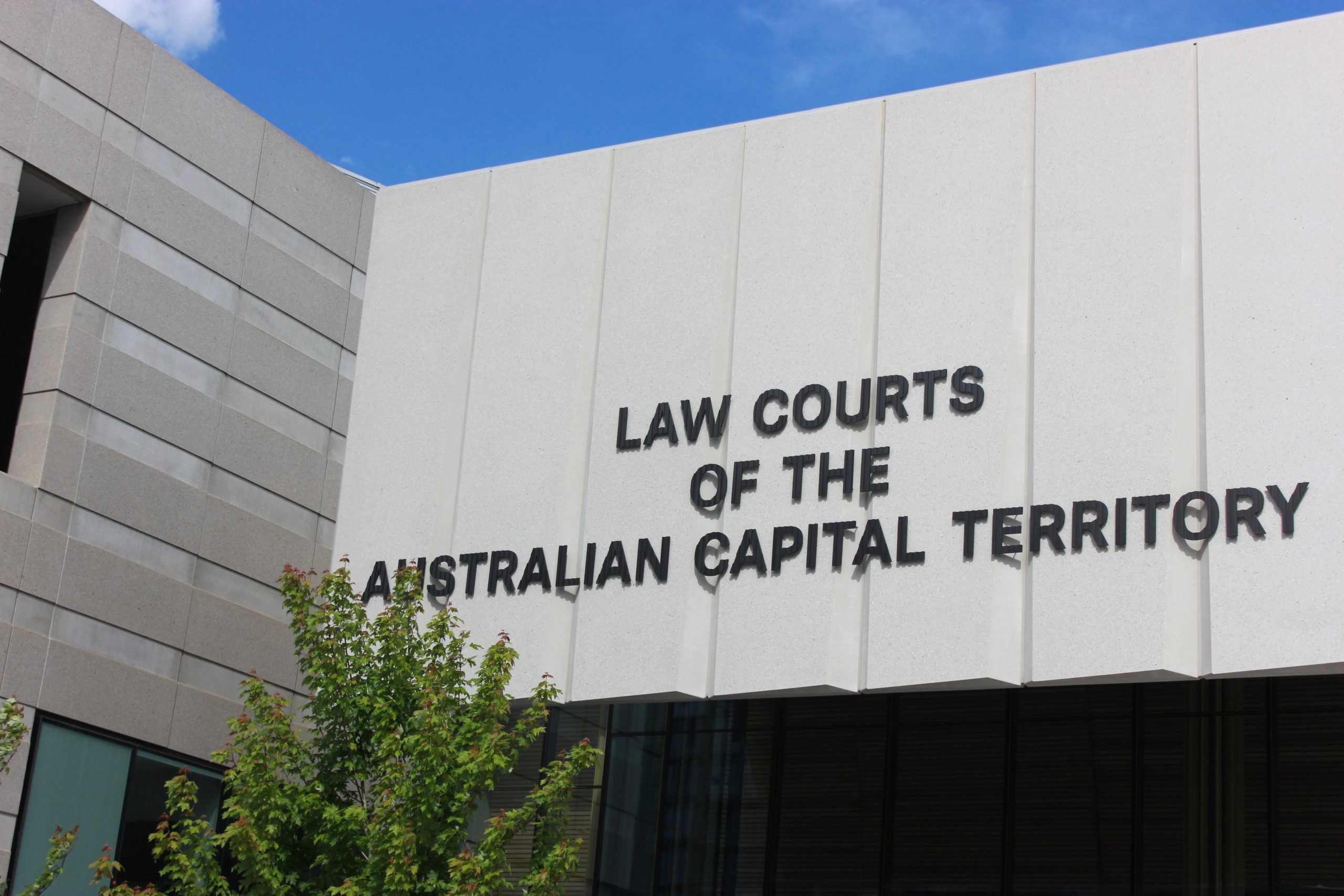
By Dominic Giannini in Canberra
A FORMER intelligence officer was jailed for threatening to extort highly classified national security information after he believed he had been wronged.
The sentencing remarks for the man dubbed Witness J were made public on Wednesday after the unprecedented secrecy of his case sparked the attorney-general to launch a review of Australia’s national security laws.
Justice John Burns found the man, also known under the pseudonym Alan Johns, disclosed sensitive information as a lever to persuade those he was dealing to comply with his wishes.
Johns made a series of complaints over an unsecured platform that included classified information after his security clearance was revoked and he was fired.
One of five charges occurred over a period of an unspecified number of months and only stopped when Johns was arrested.
He was sentenced to two years and seven months in prison and spent 15 months behind bars before being released in mid-2019.
The now-retired justice said he accepted Johns’ distrust of official complaints processes, but it didn’t mitigate the nature of the offending.
Mr Burns said while there was no evidence the information was passed on to third parties or that national security was harmed – which would have made the charges more serious – it didn’t discount the nature of the offence.
But he also contended the court may never know if Australia’s national security had been contravened due to his actions.
“There was a clear risk, albeit slight, that sensitive or confidential material may be disseminated… with potentially significant consequences,” Mr Burns said in his remarks.
“I accept this was not intended to be published to the world at large but it was a publication that carried with it a real, if not particularly significant risk, that it may be… disseminated.”
But Mr Burns said Johns’ actions could only be considered to be a threat, despite him not intending to carry it out.
“This was not merely an exercise in venting anger or frustration,” he said.
“Your purpose in doing so could only have been to remind those that you were dealing with that you could hurt … Australia’s security interests by disclosing the material in your possession.”
Johns’ defence lawyers contended his actions were a “grave lapse of judgment” and were not malicious as he didn’t set out to deliberately harm national security.
Mr Burns said while he accepted Johns didn’t act in a malicious manner, “some of the risks to individuals had the potential to be quite grave”.
“I cannot accept you were unaware of the gravity of your conduct,” he said, referring to Johns’ long history in intelligence organisations.
“You were grossly reckless in your conduct because of your anger.”
One doctor contended Johns’ history of depression impaired his thinking when faced with what he perceived to be unfair treatment but wasn’t the main factor.
Mr Burns accepted his moral culpability should be slightly reduced as a result.
Johns’ sentence was also reduced by 25 per cent due to his early guilty plea and reflected what Mr Burns thought was a good prospect of rehabilitation due to the remorse Johns showed.
In releasing Mr Burns’ sentencing remarks, now ACT Chief Justice Lucy McCallum said the court had given appropriate scrutiny as to what was made public in the highly redacted remarks.
“Secrecy is anathema to the rule of law. The administration of justice thrives on the discipline that comes with public scrutiny,” she said.
“That said, it is recognised in the authorities that the principle of open justice is not absolute. The logic of requiring secrecy… is cogent.”
Australia’s national security watchdog chastised the unprecedented secrecy around the case, which only came to light after Johns launched legal action against the jail for tipping off police about a memoir he was writing.
Kieran Pender from the Human Rights Law Centre said secret trials had no place in Australia’s justice system and should never be allowed to happen again.
“Secret trials have a long history in authoritarian states. They have no place in democracies like Australia where open justice is a fundamental protection of human rights,” the senior lawyer said.
Attorney-General Mark Dreyfus chastised the secrecy of the former coalition government, saying a completely secret trial was inconsistent with the rule of law.
“Court proceedings, including judgments and reasons, should be as open as possible whilst ensuring national security information is protected,” he said.
A review of Australia’s national security laws is due in November.
Who can be trusted?
In a world of spin and confusion, there’s never been a more important time to support independent journalism in Canberra.
If you trust our work online and want to enforce the power of independent voices, I invite you to make a small contribution.
Every dollar of support is invested back into our journalism to help keep citynews.com.au strong and free.
Thank you,
Ian Meikle, editor





Leave a Reply